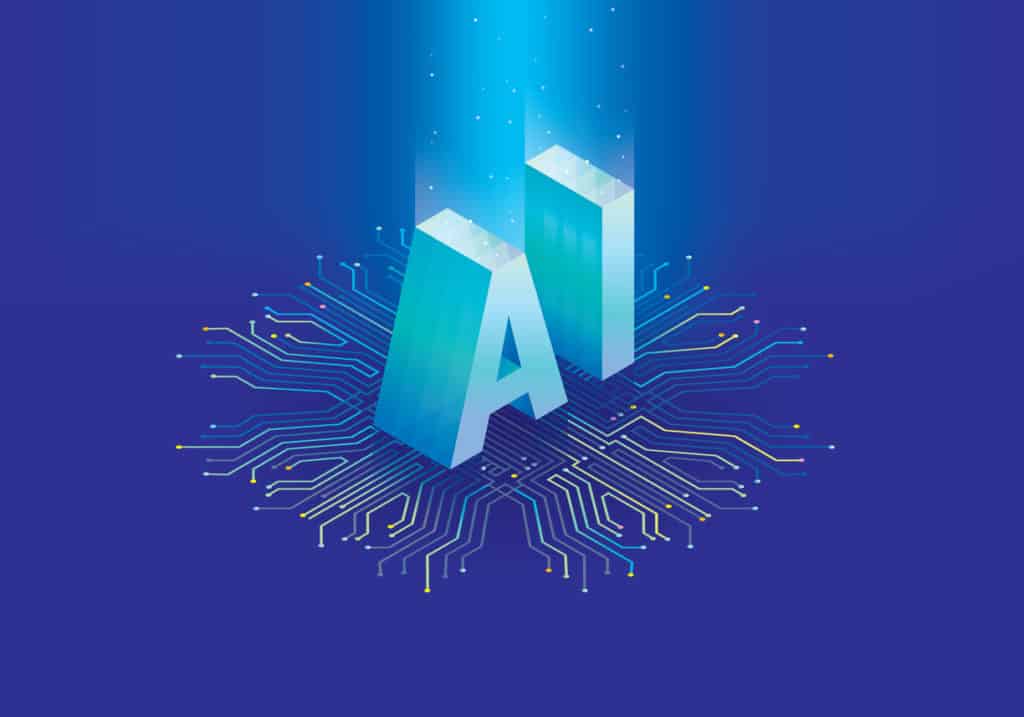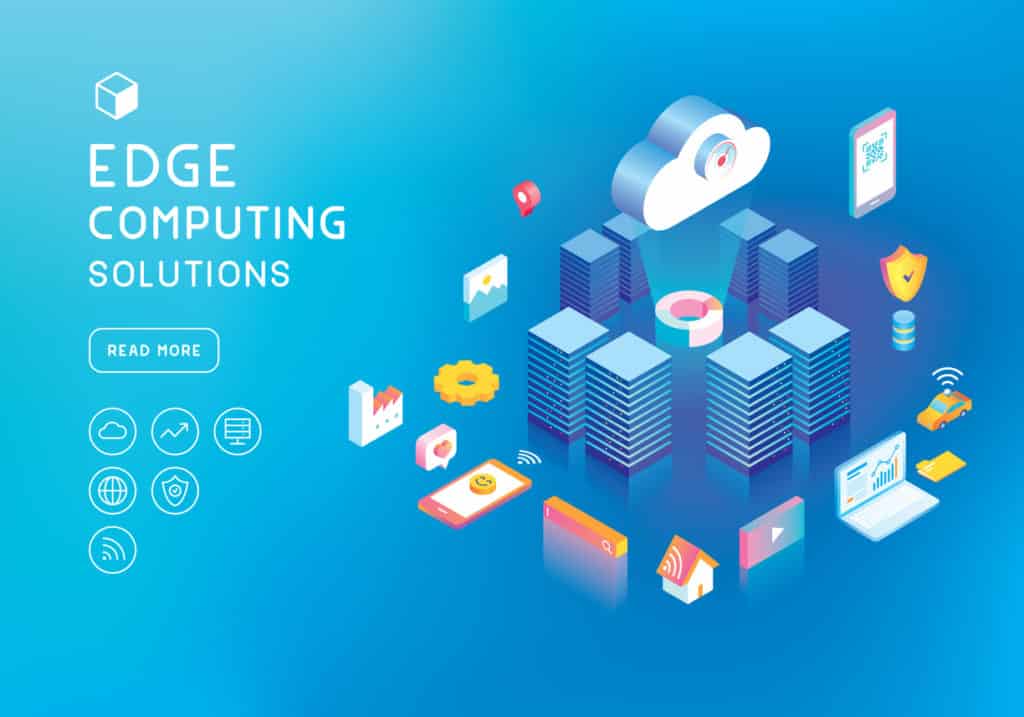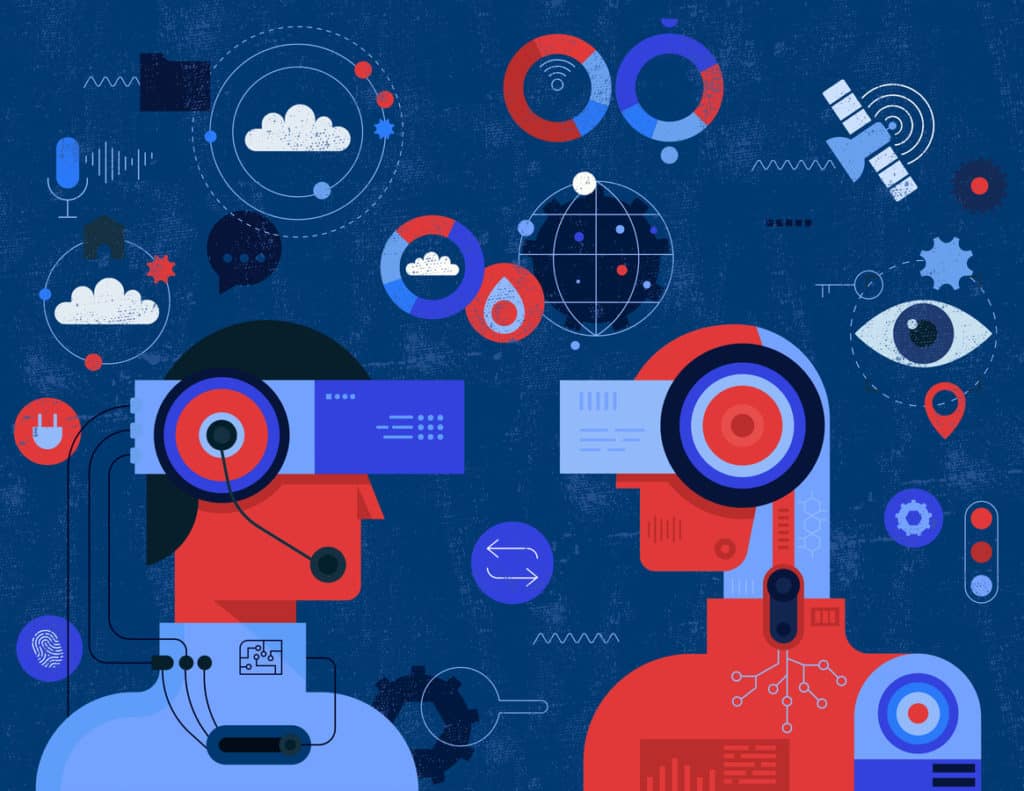Introduction
The twenty-first century has seen a technological revolution. Several highly commercial and widely used technologies from the early 2000s have completely vanished, and other ones have replaced them.
In 2021, many latest technologies will emerge, particularly in the fields of computer science and engineering. These latest technologies are only going to get better in 2021, and they may even make it into the hands of the average individual.
These are the key trends or latest technologies to look at whether you're a recent computer science graduate or a seasoned IT professional. And how these innovations are upending the established quo at work and on college campuses.
Here are the top seven latest computer science trends right now (in 2025):
Artificial Intelligence -

Machine code that mimics human and animal intelligence is at the heart of artificial intelligence (AI). Professionals in artificial intelligence (AI) create algorithms and programme machines to do human-like activities. Artificial intelligence (AI) is already widely used to detect credit card fraud, identify disease outbreaks, and improve satellite navigation.
The Institute of Electrical and Electronics Engineers Computer Society forecasts that numerous AI concepts will be extensively implemented in 2021 in their annual technology prediction report. Reliability and safety for intelligent autonomous systems, AI for digital manufacturing, and trustworthy and explainable AI and machine learning are all purported AI breakthroughs.
As of 2020, computer and information research scientists earned a median annual pay of $126,830, with the Bureau of Labor Statistics expecting much-faster-than-average growth for the profession from 2019 through 2029.
Machine learning engineers make an average yearly pay of $112,840, according to PayScale, with late-career professionals earning an average annual salary of $162,000 as of June 2021. A bachelor's degree is required for entry-level AI positions, while a master's or Ph.D. leads to the best job chances in artificial intelligence.
Career Opportunities:
- Machine Learning Engineer
- Senior Data Scientist
- Artificial Intelligence/Machine Learning Research Scientist
- Deep Learning Engineer
- Algorithm Engineer
To become proficient in AI, one must understand both the theoretical concepts and how to apply them in real-world scenarios.You can start building practical skills by working on some hands-on Computer Science Project ideas.
Edge Computing-

In contrast to cloud computing, which processes and stores data in massive data centres far away from the end user, edge computing keeps computer data close to the user. Experts predict that the cloud will not totally disappear, but rather will coexist with edge computing as it puts processing closer to consumers, speeding everything from factory output to self-driving car reaction.
Edge computing is used in technologies such as autonomous vehicles, video conferencing, and augmented reality. Edge computing, for example, reduces the delay of waiting for a server in the cloud to respond when an autonomous car makes a split-second choice to brake and avoid a collision.
Software engineers, especially edge computing software developers, are expected to expand by 22% between 2019 and 2029, according to the BLS, with a median annual pay of $110,140 in 2020.
Workers with edge computing skills are employed in industries such as telecommunications, security, and oil and gas. A bachelor's degree is frequently required for entry-level employment such as software developer or computer network architect. A master's degree is commonly required for managerial, administrative, and research employment.
Career Opportunities:
- Edge Computing Specialist
- Software Developer
- Application Developer
- Computer Network Architect
- Computer Systems Analyst
Quantum Computing-
Quantum computing makes use of high-performance computers to address issues at the atomic and subatomic level. Quantum computers, unlike traditional computers, use quantum bits, also known as qubits, to execute calculations and store data. Quantum computers can now crunch data and solve problems considerably faster than they could before.
While big tech companies like Google and IBM are making progress in quantum computing, the field is still in its early stages. Banking, transportation, and agriculture are some of the other areas that could profit from quantum computing.
Quantum computing could be used to locate the most effective truck delivery routes, establish the most efficient flight schedule for an airport, or quickly and cheaply produce novel treatments. Quantum computing holds promise for developing sustainable technology and solving environmental issues, according to scientists.
A master's or doctoral degree is commonly required for quantum computing jobs. Quantum computing workers can earn up to $160,000 per year, according to ZipRecruiter, with an average yearly pay of $96,900 as of May 2021. Many potential quantum computing jobs may not yet exist because quantum computing is a new computer science expertise.
Career Opportunities:
- Quantum Computer Architect
- Quantum Software Developer
- Quantum Algorithm Researcher
- Quantum Computer Research Scientist
Robotics-

Robotics is a field that studies and develops robots in order to make life easier. Robotics is a multidisciplinary field that includes computer science, electrical engineering, and mechanical engineering. Artificial intelligence, machine learning, and other computer science technologies are used in robotics.
In industries such as manufacturing, farming, and food preparation, robots attempt to improve safety and efficiency. Robotics are used to build cars, do dangerous activities such as bomb dispersal, and perform intricate procedures.
Career Opportunities:
- Robotics Engineer
- Algorithm Engineer
- Data Scientist
- Software Engineer
- Robotics Research Scientist
Cybersecurity-

Cybersecurity is concerned with preventing cyberthreats and attacks on computer systems and networks. As businesses continue to store data in the cloud and conduct business online, the need for better protection grows.
Cyberattacks cause enormous financial losses to individuals, corporations, and governments. The Colonial Pipeline, for example, lost $5 million in May 2021 due to a ransomware attack in the eastern United States, which resulted in higher gas costs for consumers.
Cybersecurity experts work for consulting firms, computer firms, and businesses and financial institutions. Apple, Lockheed Martin, and Capital One are among the major employers. A bachelor's degree is required for the finest cybersecurity employment; however, some firms prefer a master's degree.
Career Opportunities:
- Information Security Analyst
- Chief Information Security Officer
- Information Security Consultant
- IT Security Manager
Bioinformatics-
Professionals in bioinformatics examine, preserve, and analyse biological data. Bioinformatics is a multidisciplinary discipline that combines computer science and biology to hunt for patterns in genetic material such as DNA, genes, RNA, and protein sequences. Bioinformatics professionals create the methodologies and software tools that enable these activities to be completed.
Bioinformatics computer science technologies serve the medical and pharmaceutical, industrial, environmental/government, and information technology industries considerably. Bioinformatics aids doctors in preventative and precision medicine by allowing them to detect ailments early and treat them more effectively.
The Bureau of Land Management, the Department of Defense, hospitals, and research institutes are all major employers of bioinformatics experts. A bachelor's degree is required for bioinformatics occupations. A master's or Ph.D. may be required for administrative, teaching, or supervising employment.
Career Opportunities:
- Bioinformatics Research Scientist
- Bioinformatics Engineer
- Biomedical Researcher
- Bioengineer/Biomedical Engineer
- Biostatistician
- Biologist
- Computational Biologist
- Agriculturalist
- Software Programmer
- Data Scientist
Data Science-
Data science was the next big thing throughout much of the first decade of the twenty-first century. Data science has existed for far longer than the last two decades. Data analysis has been a necessary duty for businesses, governments, institutions, and departments for millennia. Data analysis is useful for determining the effectiveness of operations, conducting employee surveys, and gauging people's general mood.
Data analysis is one of the earliest tasks for which computers are used. Data analysis was so popular in the early 2000s that students were taught introductory classes on the subject in school.
The advantage of a career in data science is that you are an integral component of the company's overall operation, regardless of the domain in which it operates. Any organisation you serve is likely to rely on the data you generate and the interpretations you provide as part of their business strategy.
Data science is commonly utilised in retail and e-commerce to determine the success of campaigns and the general trend of product growth. This, in turn, aids in the development of marketing strategies for specific items or types of products. In health care, data informatics can help clinicians choose the safest and most effective treatments for patients by recommending low-cost options and packages.
Full Stack Development-
Full-stack development involves the creation of both client-side and server-side software, and it is expected to be one of the most popular technologies in 2021.
The internet, a relatively new technology, was growing around the globe as the twenty-first century began with the dot-com boom. Websites were only simple web pages back then, and web development wasn't the complicated industry it is now.
Web development nowadays includes both a front end and a back end. Websites have a client-side—the website that you see—and a server-side—the website that the corporation controls—especially in industries related to services like retail and e-commerce.
Web developers are often assigned to either the client-side or the server-side of a website. Being a full stack developer, on the other hand, allows you and your firm to operate on both ends of the web development spectrum. Client-side or front-end development typically necessitates familiarity with HTML, CSS, and Bootstrap. PHP, ASP, and C++ are all required on the server side.
Virtual Reality and Augmented Reality-
For more than a decade, virtual reality and augmented reality have been buzzwords in the technological world. These top technical innovations, however, have yet to translate into commercially available consumer goods. Virtual reality and augmented reality have a minor role in our daily lives. Despite the fact that VR and AR are well-known in the market, they are still relatively new technologies in 2021.
Virtual reality has been widely used in video games to date, while augmented reality-based apps peaked in popularity a few years ago before fading. The greatest approach for virtual reality to become a top technology trend in the future is for it to become ingrained in people's daily lives.
Virtual reality has begun to find uses in training programmes in recent years. Virtual reality experiences have also been beneficial in offering experiences to museum visitors. Virtual reality's ascent is comparable to that of 3D technology in that it may only take one application, such as 3D film, for the technology to become mainstream.
Virtual reality professions currently do not require extensive training. Simple programming skills, as well as an interest in the topic and an understanding of the power of visualisation, should be enough to secure you a position. With millions of virtual reality gadgets sold each year, it's just a matter of time before VR and AR become a part of our everyday lives.
Final Thoughts:
The global economy will resurface in 2021, and new technologies will very definitely be the catalyst. In the following years, the top technology developments stated above are expected to take over our daily life. Jobs in these technologies and the abilities linked with them will be incredibly valuable, and getting education in these fields will undoubtedly benefit you in the long run. In 2021, selecting and mastering the appropriate new technology will make you future-proof.
Students can boost their job prospects by researching the latest technologies in computer science or IT trends such as those listed on this page. They can study information security, machine learning, and bioinformatics as concentrations or electives. For students interested in a specific area of education, several colleges even offer complete degrees in artificial intelligence, cybersecurity, and robotics.






